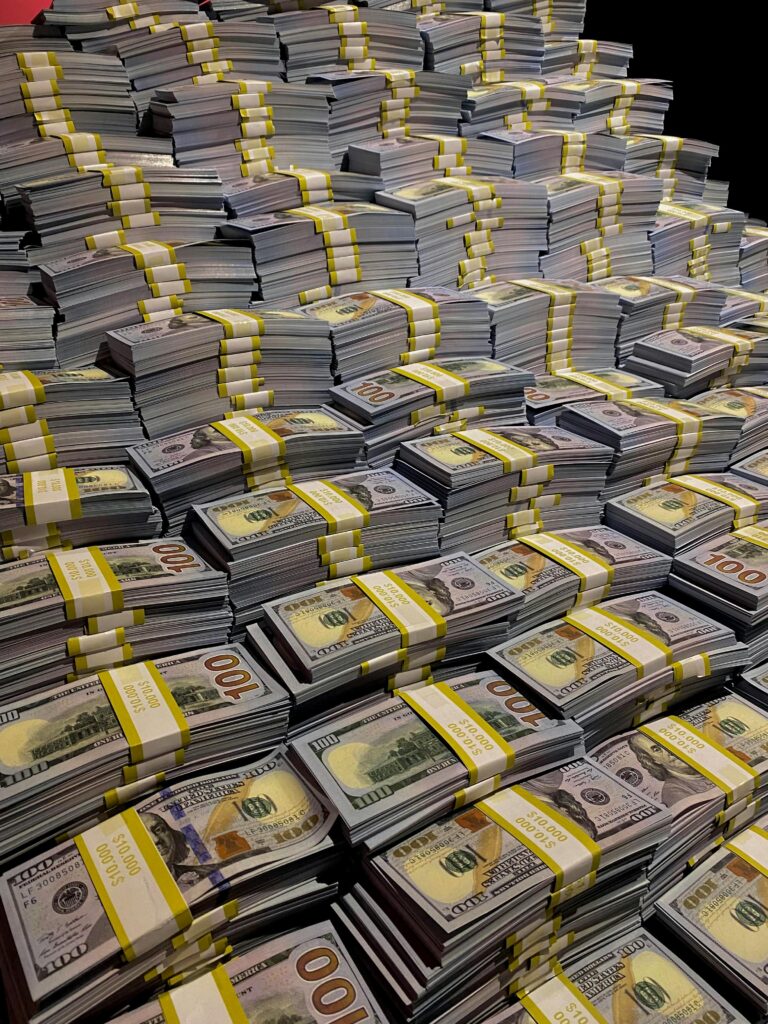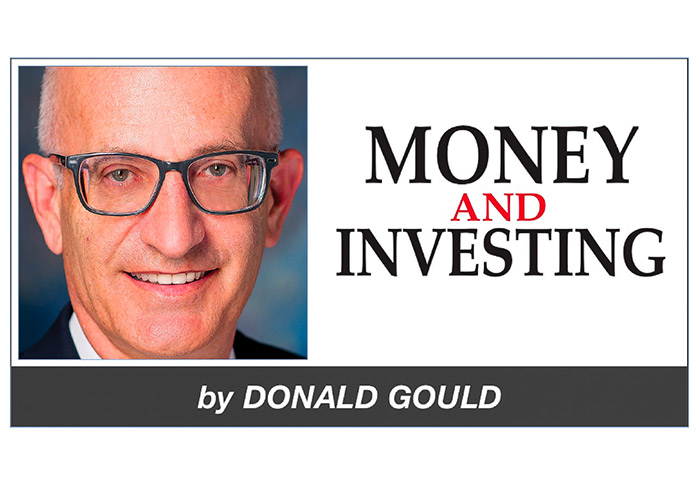Nasty talk
The latest cringe-worthy debate moment is fresh on everyone’s mind; When Trump hunched forward and loud-whispered into the microphone, such a nasty woman!
I doubt he knew that he would be triggering a full-fledged feminine embrace of the word ‘nasty.’
To be fair, not all women have welcomed the word. Trump ladies have been oddly quiet on this particular misogynistic mess-up—a sharp contrast to their reaction to his “grab pussy” confession. In that case, most of his supporters—male and female—ran to his rescue with a quick locker-room talk defense strategy. His campaign manager, Kellyanne Conway, even told democrats in an NPR interview later that week to “stop pussyfooting around.”
Did Conway slip up? No way. Everything said by both campaigns is carefully reviewed by language consultants. She made a clear and calculated decision to remind listeners that the word pussy isn’t so bad after all. And, when used as the compound ‘pussyfoot,’ it’s downright innocuous. Unfortunately for her boss, almost everyone else felt differently. Journalists found themselves fumbling for words when trying to report on the event, actually replacing the offensive slur with ‘kitty cat,’ ‘crotch,’ ‘the P-word,’ ‘private parts’ and ‘I’m not allowed to say the word on television.’
In the case of ‘nasty,’ it was the Democrats who responded quickly, not so much in defense of their candidate (who took the insult in stride), but of the word. Within minutes women were taking back the word ‘nasty’ with humor. Facebook lit up with videos of Janet Jackson singing her hit song “Nasty Girl” and hashtags #nastywomanforHillary, #nastywomengetthingsdone and my favorite #makeAmericanastyagain!
The next morning, I was entertained by a full-fledged Saturday Night Live-style commercial for Nasty Woman Perfume promising to ensure wearers 77 cents to every male dollar.
‘Nasty’ carries a connotation of being both morally and physically reprehensible. The OED states its meaning as “filthy, dirty, annoying, contemptible, spiteful, offensive, and repellent.” Although its origin is unknown, a connection has been suggested with the Middle French nastre, meaning “strange or of low social class.” This was a shortened version of villenastre, from villain + the suffix –astre. According to the OED, the connotation of ‘nasty’ (and ‘pussy’ for that matter) is much less offensive in British English. It suggests that the words are on their way to becoming less abhorrent, and unfortunately for Trump, the transition is happening more quickly across the pond.
The amazing response to Trump’s insult is a phenomenon known in the linguistic community as reappropriation, a method by which a stigmatized group reevaluates a negative label—usually an ethnic or sexual slur—and begins purposefully referring to itself with that label. It usually begins as an act of courage by a few, but later becomes an important tool for the wider community. This happened with words like ‘queer,’ ‘gay,’ ‘nerd,’ ‘geek,’ ‘tree hugger’ and even ‘suffragette.’ Initially the diminutive suffix –ette was combined with ‘suffrage’ to denote the smallness of the movement. It was used to belittle women, and so they reclaimed the word and proudly stood behind it. It should be noted that Obama also reclaimed the intended derogatory term Obamacare when he famously said, “They’re right! I DO care.”
There are some words that have been going through the process of reappropriation for many years, but still haven’t been able to shed much of their negative essence. In my opinion, the B-word and the N-word still carry too strong a negative connotation for me to write them.
One of the difficulties with reclaiming a word is that the old group, which used the word in a stigmatizing way, often continues to use it with hateful intention. This keeps the word somewhere in the limbo zone of being used by the oppressed group but shunned by the wider public.
The incredible thing about ‘nasty’ is that it seems to have skipped over the lengthy time period that it often takes to reappropriate a word. Rather than going through years of back and forth, it got regenerated overnight.
This week I have attended social events, elementary school parties and work functions where someone has inevitably cracked a joke about being nasty. It feels as if everyone, even many Republicans, is chuckling at Trump. Ironically, it was HIS nastiness that led to the word’s fresh popularity and a brand-new, less offensive, place in our lexicon.










0 Comments